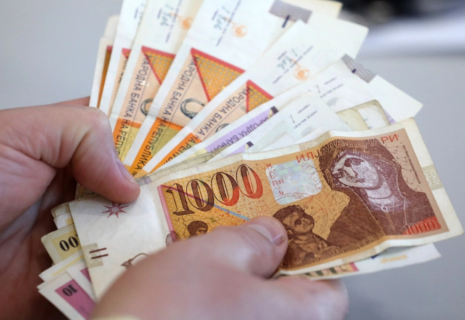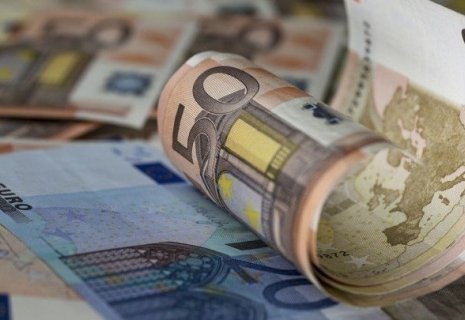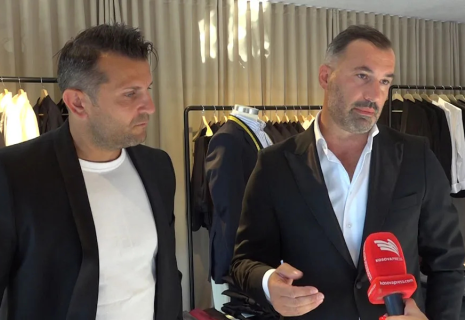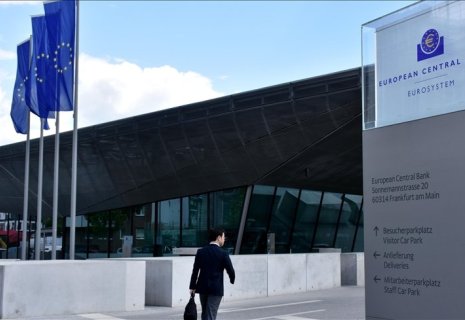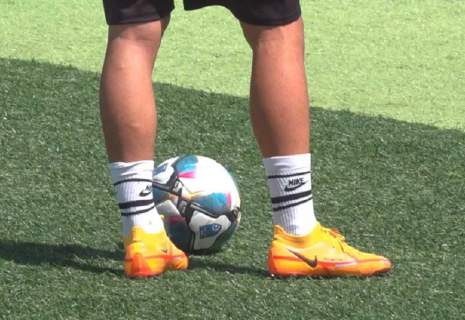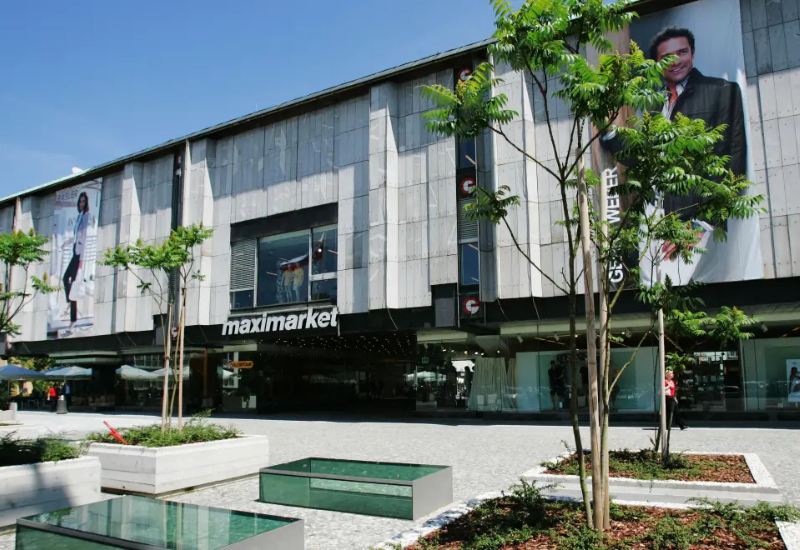
Inside growing health crisis at Maximarket Ljubljana
More than two weeks after the Maximarket department store in the centre of Ljubljana detected contamination in its water supply system, the cause has still not been detected as affected eateries in the complex remain closed and some people are still sick.
The National Institute of Public Health (NIJZ) has recorded 547 people who got sick from the tainted water, but epidemiologist Eva Grilc told reporters on 29 April they presume the number of cases "is much higher, because most or at least part of those affected would never call or seek medical help", CE Report quotes The Slovenia Times.
She said some of the patients are still recuperating at home and some are still showing symptoms. The average age of those who got sick from enteric infection was 48 but also included children and youth.
They reported diarrhoea, vomiting, fever and nausea. Seven people were briefly treated in hospital, but there have been no serious complications. One person has sought help at the emergency ward.
All the cases have been linked to the Maximarket department store or some of the eateries there.
"There have also been a few secondary cases, i.e. infections that spread within families," Grilc said.
Microbiological tests are still ongoing, and so far several bacteria have been confirmed in the patients' stool, including E.coli, campylobacter and salmonella. Several viral agents have also been detected, including noroviruses, astroviruses, adenoviruses and sapoviruses.
Police investigation under way
Facing questions about shifting of responsibility for the contamination and belated notification of the public, Grilc said the NIJZ was responsible only to protect public health, not to take measures regarding water or to establish accountability.
Maximarket, a Mercator-run department store located close to the parliament building and government offices, first detected digestive problems among its staff on 12 April but did not suspect that the infections could be linked to tainted water until two days later when it banned the use of water.
They tested the water the next day but only notified the NIJZ on 16 April by which time it had become clear that the water was contaminated with faecal matter. The issue broke open as several MPs and employees of government offices and NLB bank were among those who got sick.
"It's up to the water supply system operator to monitor whether the water is safe and to take action if it suspects something is amiss. It's also their responsibility to inform the authorities as soon as possible," Grilc said.
She pointed out that Maximarket's internal water supply system was at issue, and said the retailer operating the store and the system, Mercator, had "informed its lessees to be careful relatively quickly".
The Dobnik chocolate shop, the restaurant Moji Štruklji and Maxi Brunch Cafe remain closed and the Maximarket grocery store is operating on a limited basis.
The establishments will be able to resume business as usual "once they have ensured the supply of safe drinking water", the Food Safety, Veterinary and Plant Protection Administration said, adding that it had "not yet received evidence that this condition has been met".
Meanwhile, the Ljubljana Police Department has opened an investigation into the matter on suspicion of drinking water pollution crime, but said it could not provide further details as yet.





